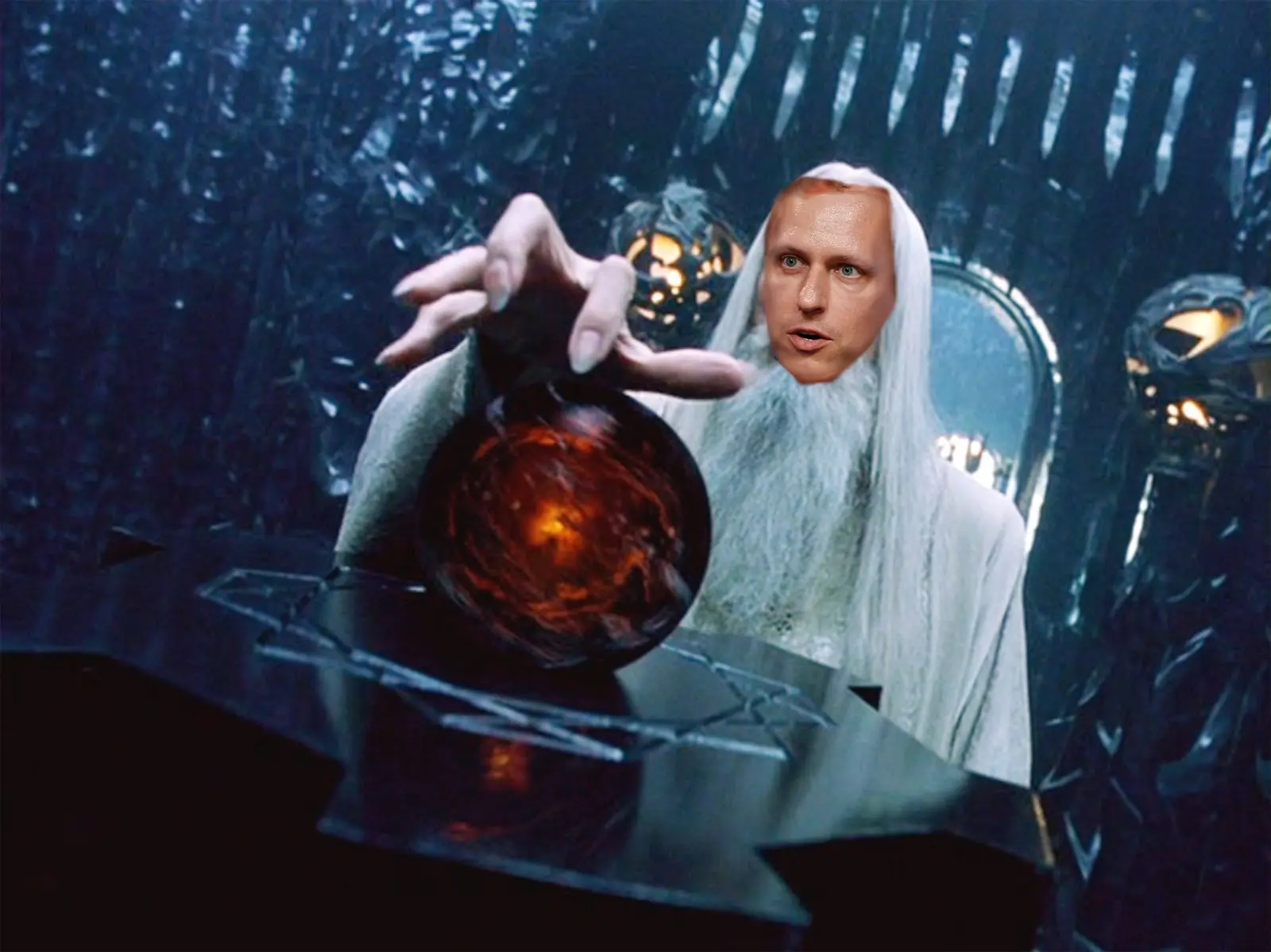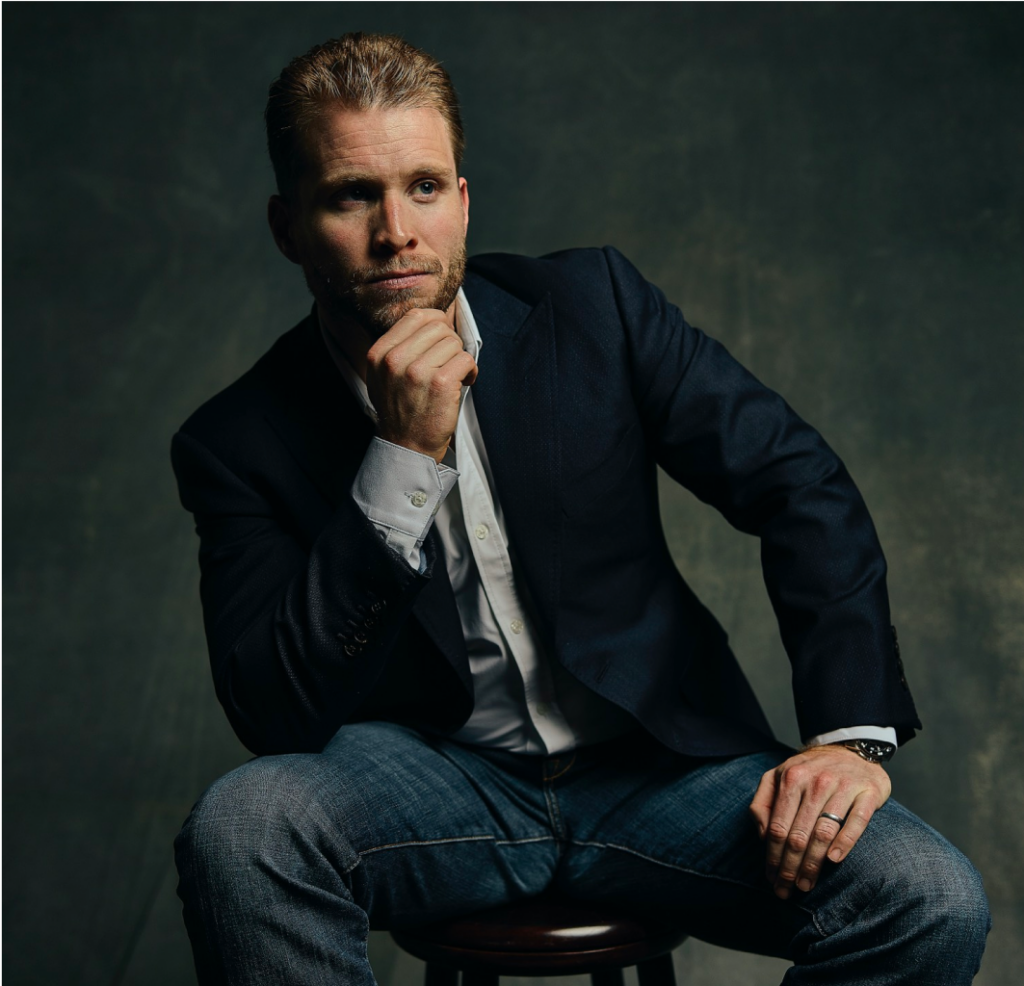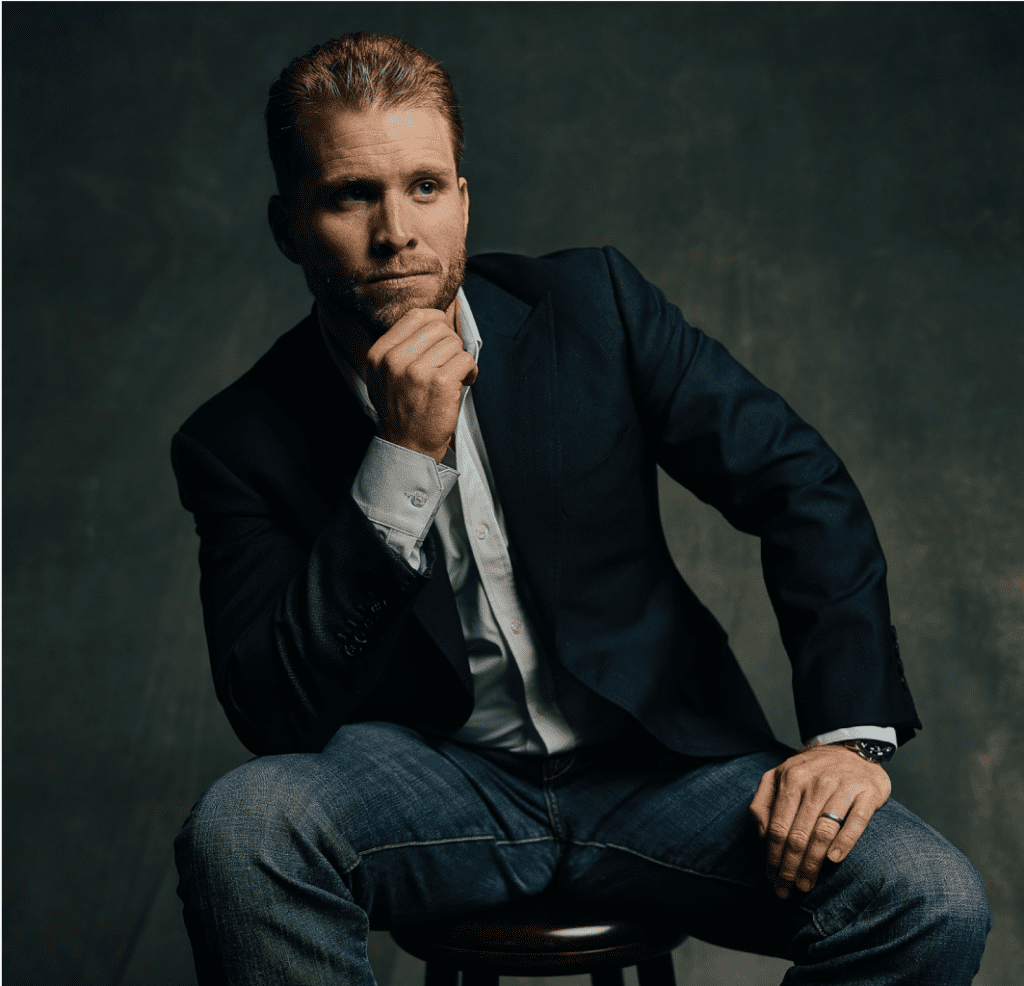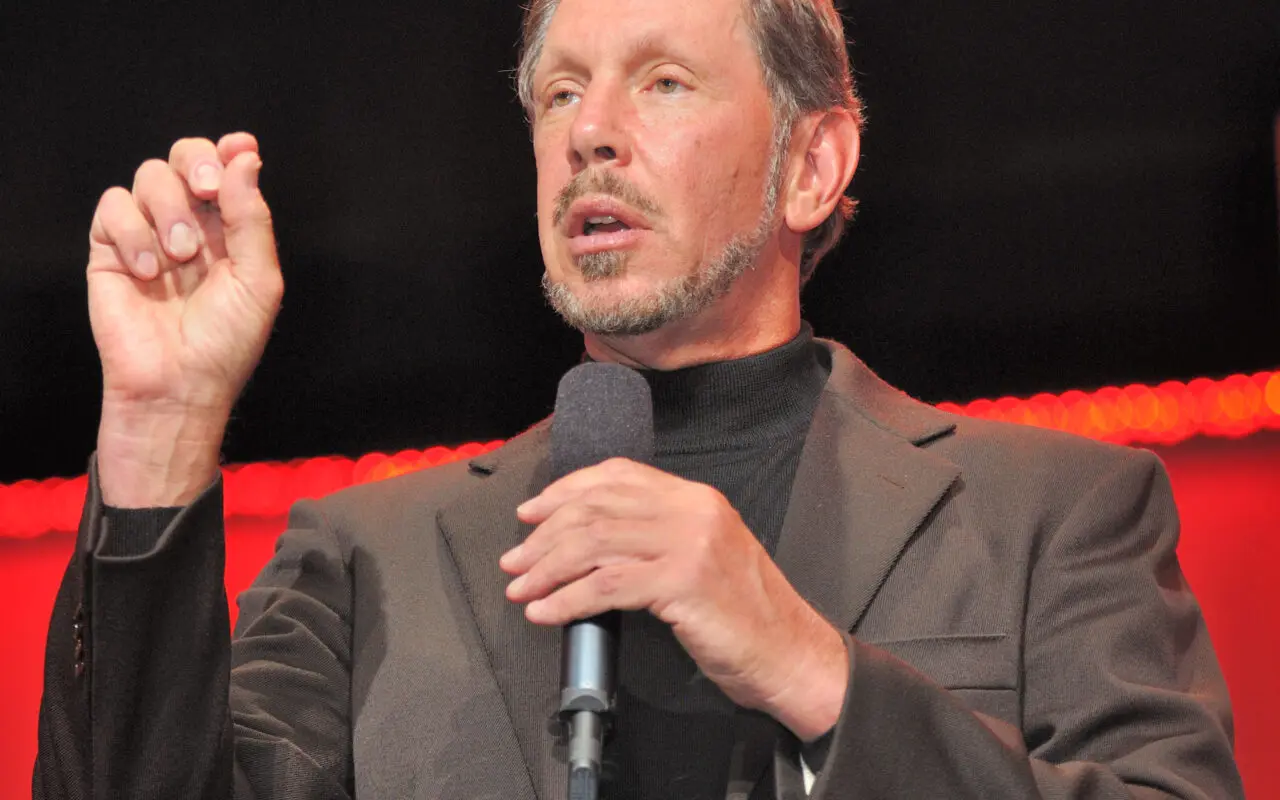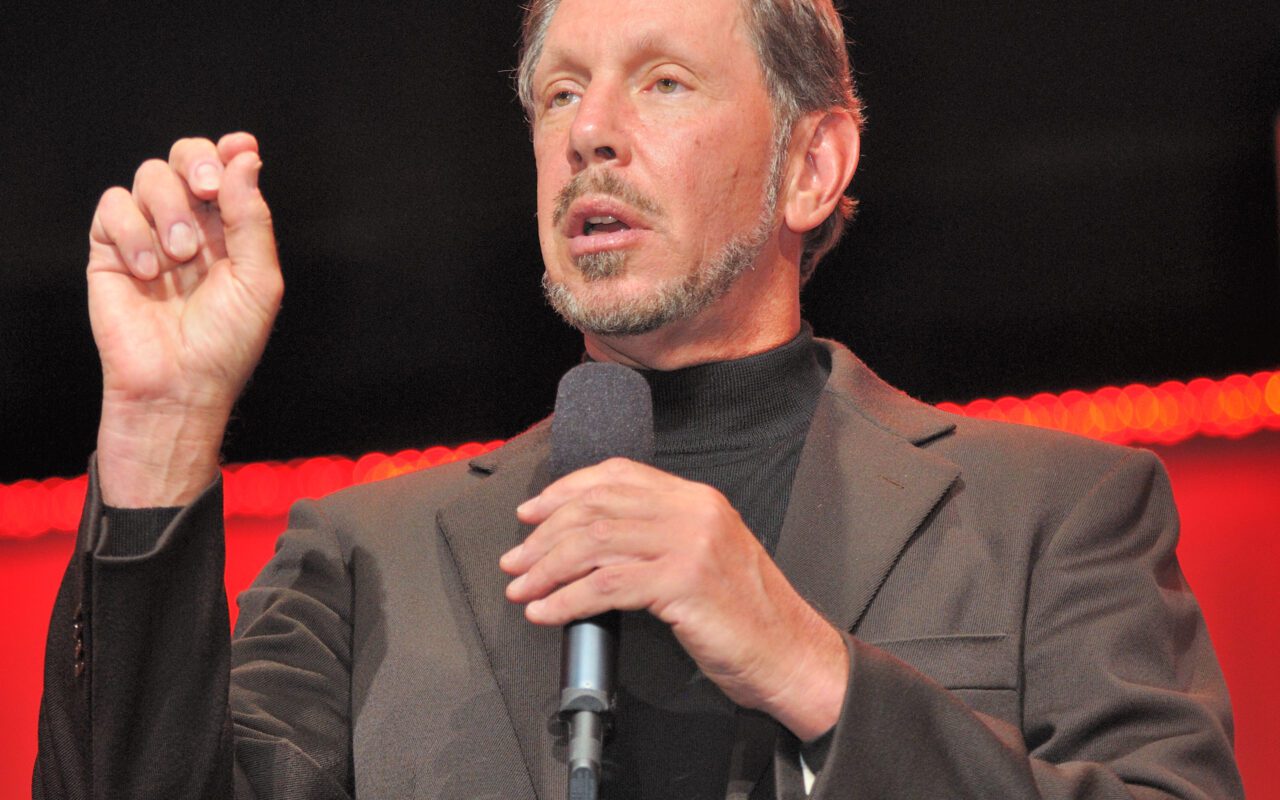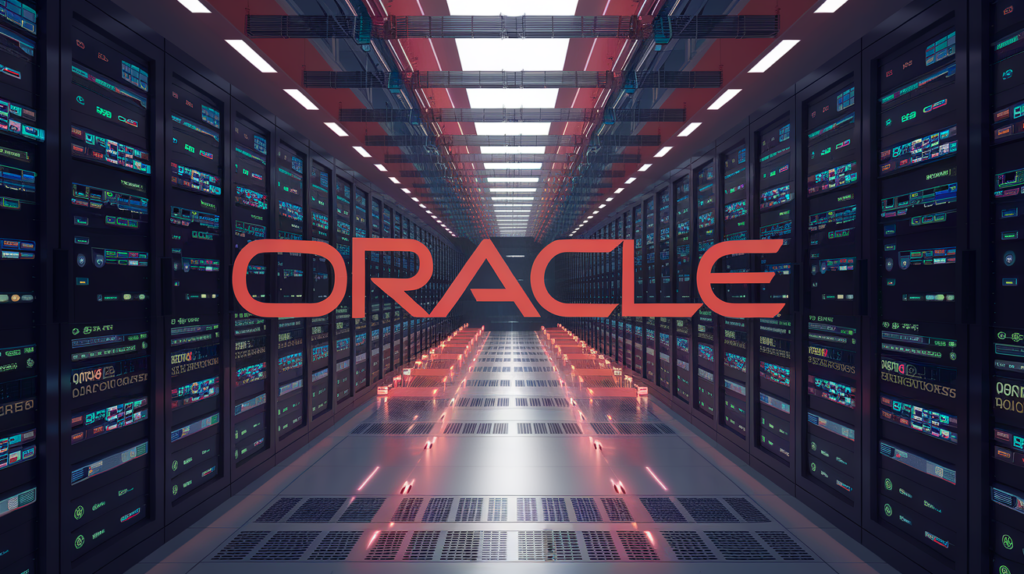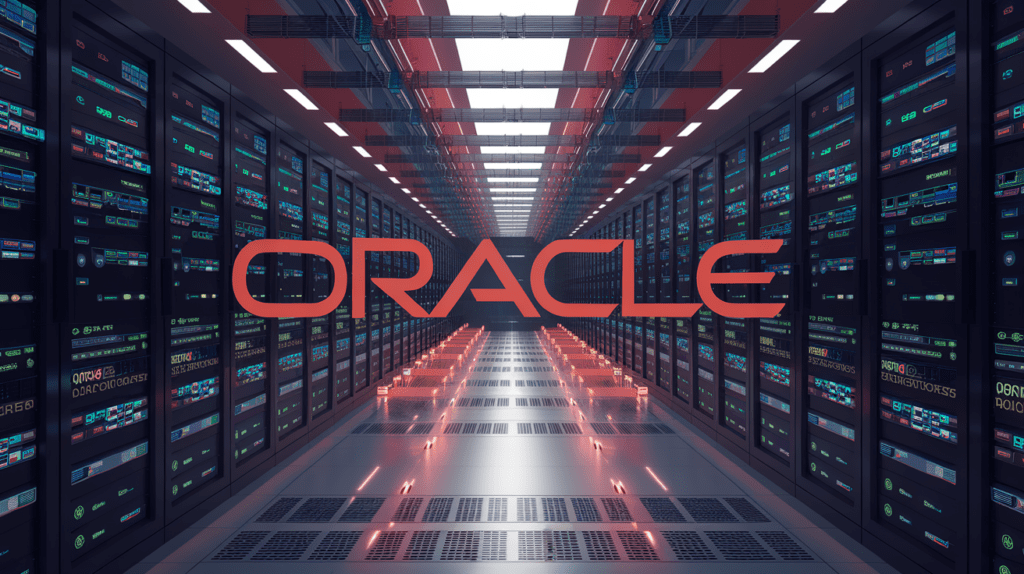In the shadows of Washington’s policy debates, a quiet technological revolution is taking shape—one that could fundamentally alter how the federal government collects, analyzes, and potentially weaponizes data on American citizens. At the heart of this transformation sits Palantir Technologies, the secretive data analytics firm co-founded by tech billionaire Peter Thiel that has become the Trump administration’s go-to contractor for an ambitious plan to merge information across federal agencies into what critics fear could become an unprecedented surveillance apparatus.
The push represents the culmination of Thiel’s decades-long influence campaign within both Silicon Valley and right-wing politics, where he has emerged as the “godfather” of a powerful network of tech billionaires who have shifted dramatically rightward. Once the sole major Silicon Valley figure to back Trump in 2016, Thiel has watched his political philosophy spread throughout the tech elite, with former PayPal colleagues like Elon Musk and proteges like Vice President J.D. Vance now occupying the highest levels of government. This so-called “PayPal Mafia“—a group of billionaires with overlapping business interests and shared anti-regulatory fervor—has become integral to the second Trump administration, with at least three former Palantir employees now working within Musk’s Department of Government Efficiency (DOGE).
Since Trump’s March executive order calling for expanded data sharing across government agencies, Palantir has quietly embedded itself deeper into the federal bureaucracy than ever before. The company has secured over $113 million in new federal contracts and expanded its flagship Foundry platform into at least four major agencies, including the Department of Homeland Security, Health and Human Services, and most recently, the Internal Revenue Service. This technological infrastructure could enable the administration to create detailed digital portraits of Americans by combining bank records, medical claims, student debt information, and disability status—all accessible through a single, searchable database.
The expansion reflects Thiel’s long-standing belief that “freedom and democracy are not compatible,” a philosophy that has guided his investments and political activities for over a decade. While Thiel maintains no official government position, he has direct access to the president, vice president, and virtually every tech figure in Trump’s inner circle, recently hosting an inauguration party at his Washington mansion for the “crème de la crème of the tech world.” As one journalist noted during the 2024 Republican National Convention, “It’s Peter Thiel’s party now”—a sentiment validated by the presence of his handpicked protege as vice president and his former colleagues running key government efficiency initiatives.
But the expansion has also triggered alarm bells within Palantir itself, where current and former employees worry about their company becoming the public face of Trump’s political agenda. Thirteen former employees recently signed a public letter urging the company to reconsider its role, while at least one strategist has resigned over the expanded ICE contracts, calling the work a “red line” she won’t cross.
As privacy advocates file lawsuits and Democratic lawmakers sound warnings about potential abuse, Palantir finds itself at the center of a national debate about the balance between government efficiency and civil liberties. To understand how we arrived at this moment—and what it might mean for American privacy—we need to examine the company behind the technology and the controversial figures who built it.
What is Palantir?
And once again I turned to Perplexity Labs to help me tell the story of Palantir in an interactive way. I am a little bit addicted to this new featureset — it is miraculous. It can build incredibly sophisticated things in a very short amount of time. To view the presentation, simply click the image below to launch it in a new Lightbox window:
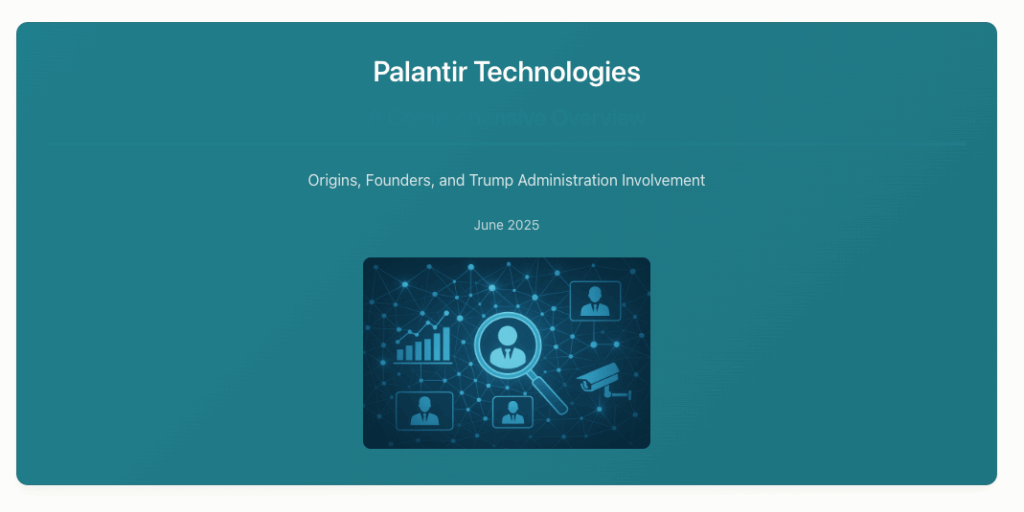
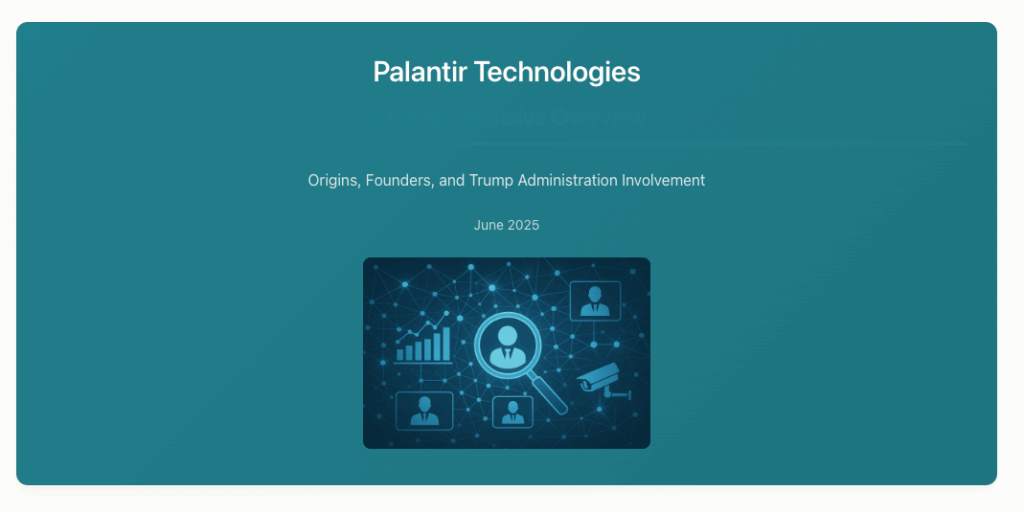
And once again, the methodology and the full response are below.
Continue reading What is Palantir, and why are they building a database about you?